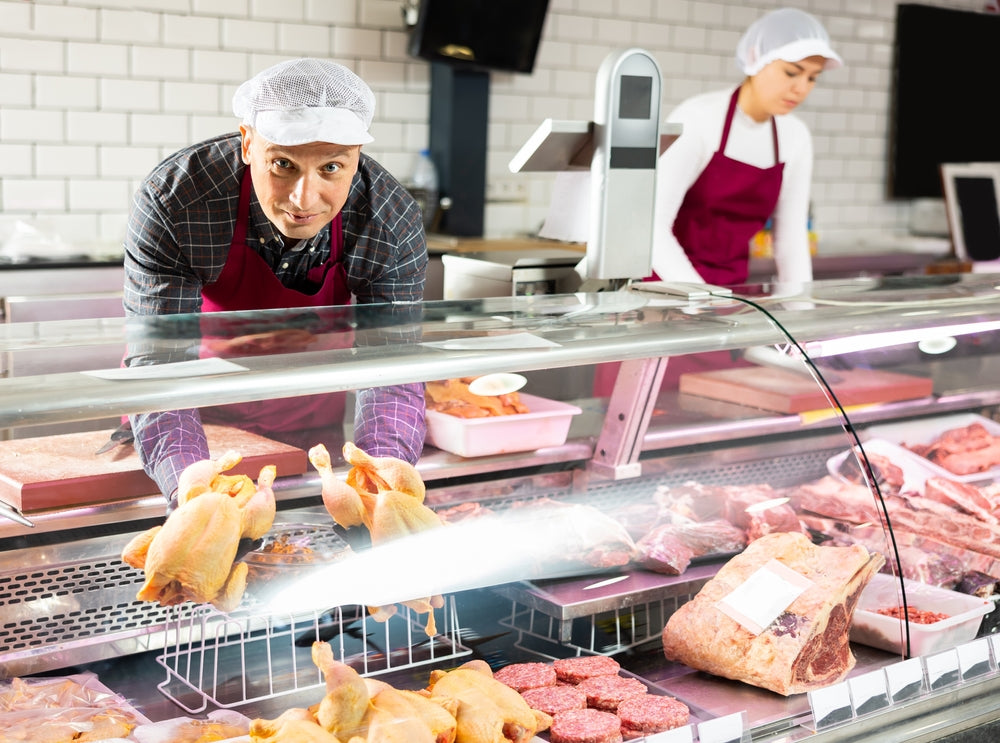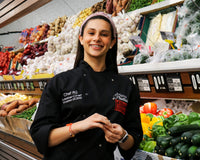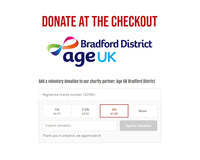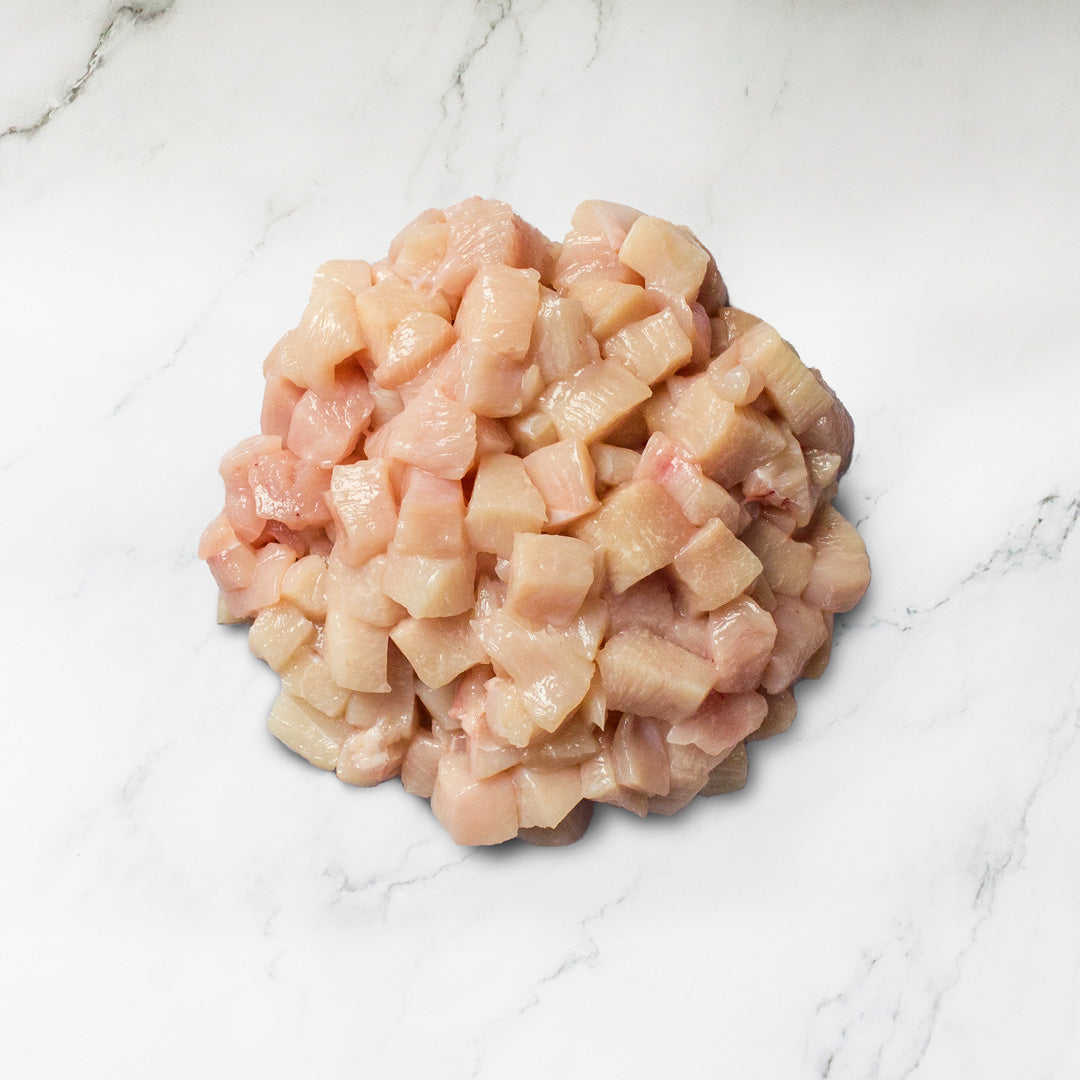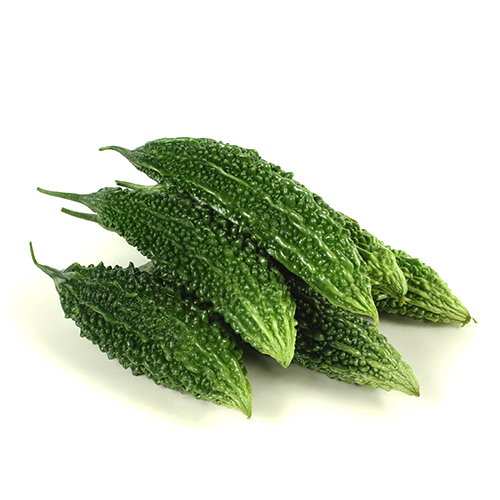When you walk into a shop or scroll through an online grocery site, you might notice labels that say halal or non halal. If you are Muslim, halal is more than a label. It is part of your everyday life and guides what you put on your plate. But even if you are not Muslim, you might have wondered what the difference actually is and why so many people take it seriously. Let’s break it down in a way that feels simple and real.
What Does Halal Mean?
 Halal is an Arabic word that means permissible. When it comes to food, it refers to what Muslims are allowed to eat under Islamic rules. It is not only about the type of meat but also how that meat is prepared. For example, chicken, lamb, and beef can be halal, but only if they are slaughtered in the proper way and blessed at the time.
Halal is an Arabic word that means permissible. When it comes to food, it refers to what Muslims are allowed to eat under Islamic rules. It is not only about the type of meat but also how that meat is prepared. For example, chicken, lamb, and beef can be halal, but only if they are slaughtered in the proper way and blessed at the time.
If a food is not halal, it is called haram, which means forbidden. Pork is the most obvious example, but alcohol and anything cooked with it also fall under haram. Even certain processed foods can be non halal if they contain hidden ingredients like gelatine from non halal sources.
For many Muslims, halal is not just a choice but a duty. It is a way of life that affects shopping habits, eating out, and even which supermarkets are trusted. That is why many families rely on trusted retailers such as SaveCo Online’s halal meat delivery service when stocking up on essentials.
What Makes Food Non Halal?
The difference between halal and non halal is not always clear unless you know the rules. Non halal food can include:
-
Pork and pork products
-
Meat that has not been slaughtered according to Islamic guidelines
-
Meat from animals that died on their own
-
Alcohol and any food cooked with it
-
Foods with cross contamination from non halal products
Even something as simple as sweets can be non halal if the gelatine comes from pork. A packet of crisps can be non halal if the flavouring includes alcohol or animal rennet. This is why Muslim families often double check packaging or look for certification.
If you are unsure about how to navigate halal shopping, SaveCo’s FAQs are a useful guide for newcomers.
How Is Halal Meat Prepared Differently?
One of the biggest talking points about halal is how the animals are slaughtered. For meat to be halal, the animal must be healthy at the time of slaughter and the process should cause the least possible suffering. The person carrying out the slaughter has to be Muslim and must recite the name of Allah at the moment of slaughter. The blood is drained fully from the body, which is also linked to health and hygiene benefits.
Non halal slaughter does not always follow these rules. In some cases, animals may not be blessed, or the method may not align with Islamic principles. From a religious point of view, that makes the meat impermissible.
There is also a practical difference. Many people who eat halal say they notice a fresher taste. While that is subjective, it highlights the trust and reassurance that halal consumers value.
If you want to know where to find properly prepared meat, SaveCo’s guide on where to buy halal meat is a good starting point.
What Do Islamic Rulings Say About Halal and Non Halal?
In Islam, eating halal food is not just a suggestion, it is a clear instruction. The Qur’an and Hadith emphasise the importance of eating what is permissible and avoiding what is haram. Scholars agree that halal is both a matter of faith and a way of protecting health.
For Muslims living in the UK, following halal can sometimes be challenging. Not every supermarket makes it easy to identify halal items. That is why halal certification is so important. Seeing a certification logo allows shoppers to feel confident about their choices.
When in doubt, it is always best to buy from a trusted source. SaveCo Online makes it simple by ensuring everything they stock is halal certified, so you do not have to spend time second guessing.
Why Does Halal Certification Matter?
Halal certification is a clear sign that a product has been checked and approved by an authority. It confirms that from sourcing to preparation, everything meets halal requirements.
Without certification, labels can be misleading and some retailers may claim halal without evidence. Certification takes away that confusion and builds trust.
At SaveCo, certification is more than a label. It is a promise that their halal meat and groceries have been carefully sourced and meet religious and ethical expectations. If you want to see how this works in practice, their complete guide to halal butchers in Bradford goes into detail about standards and choices in the local area.
The Ethical and Health Side of Halal
Halal is often linked to religion, but it also ties into ethics and health. The method of slaughter is focused on minimising suffering, which overlaps with animal welfare values. The draining of blood can also make the meat cleaner and reduce the risk of bacteria.
Some non Muslims also choose halal because of these ethical factors. Others value the reassurance of cleaner, carefully sourced meat. In a world where people care about sustainability and transparency, halal practices align well with modern concerns.
On a health level, being mindful of halal food also encourages people to avoid heavily processed items with hidden additives. That naturally supports a more balanced lifestyle.
Why Choose Halal Meat from SaveCo Online?
Halal is about more than just what you eat. It is about trust, convenience, and reassurance. SaveCo Online provides halal products that are not only certified but also affordable and easy to access.
Shopping with SaveCo means you do not need to spend time worrying about labels or hidden ingredients. Whether you are preparing for Eid, stocking up for the week, or planning a family dinner, you can have everything delivered directly to your home. Their shipping options make the process flexible, so you can shop in a way that suits you.
SaveCo has built a reputation on combining traditional halal values with modern convenience. Their own blog on why SaveCo is the number one choice for halal meat highlights exactly how they stand out in the community.
Everyday Examples of Halal Choices
Let’s make this real. Imagine you are planning a barbecue. You could buy meat from a standard supermarket, but your Muslim guests might not be able to eat it. Choosing a halal supplier means everyone can sit down together without worry.
Or maybe you are a student on a budget. You need affordable halal chicken for meal prep during the week. Online delivery from SaveCo helps you stick to your values without breaking the bank.
Families love halal shopping online because it simplifies weekly planning. With SaveCo, you know every product in your basket is halal certified, so you do not need to check every label one by one.
Final Thoughts
 Halal vs non halal is not just a matter of food categories. It represents different lifestyles, values, and levels of trust. For Muslims, it is about following faith. For others, it can be about ethics, hygiene, and peace of mind.
Halal vs non halal is not just a matter of food categories. It represents different lifestyles, values, and levels of trust. For Muslims, it is about following faith. For others, it can be about ethics, hygiene, and peace of mind.
If you want halal shopping to be easier, explore the full range at SaveCo Online. From fresh halal meat to everyday groceries, you will find everything you need with the confidence of certification.
Eating halal is more than filling your stomach. It is about living with care, trust, and respect for your values. That is something everyone can appreciate, no matter what is on their plate.





